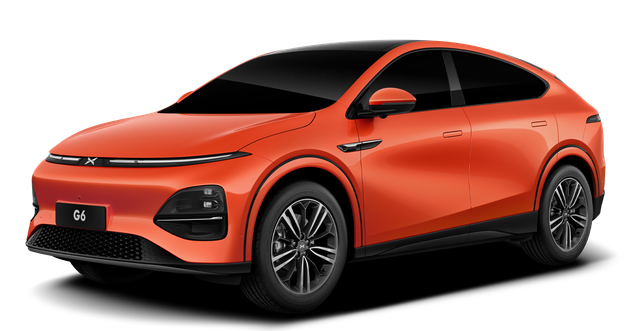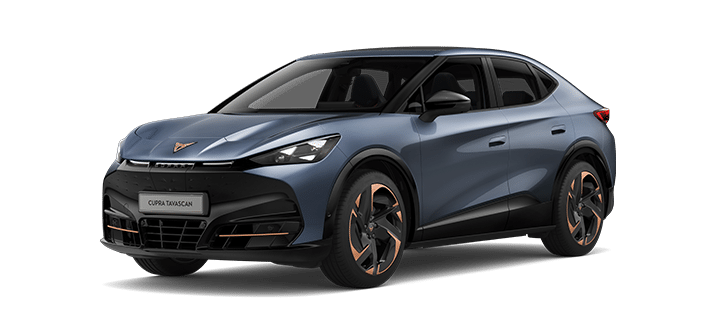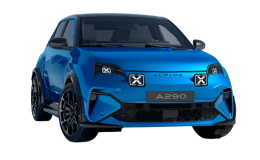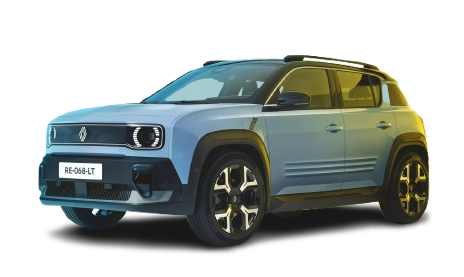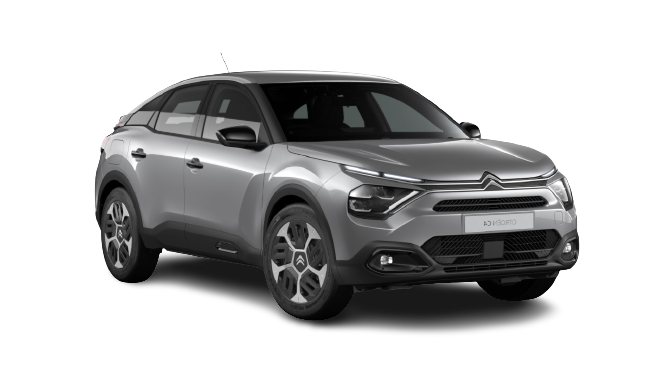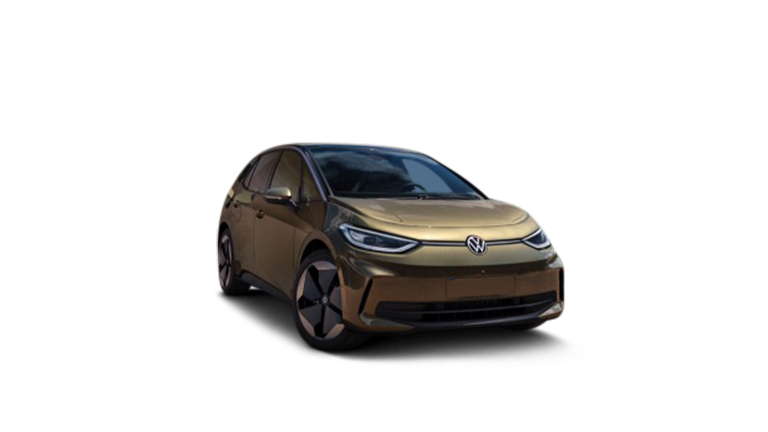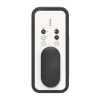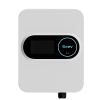Driving electric cars in high temperatures
Despite government recommendations, taking your vehicle with you on hot days is sometimes an obligation. That's why it's important to check the condition of your vehicle before you set off, and to know what you can expect in terms of performance. But rest assured, your electric car won't fail you!
Heat and electric vehicles: what impact on performance?
Heat in the car means air conditioning. The first thing you need to know is that all electric cars are equipped with an air-conditioning system, unlike combustion-powered vehicles, especially the older ones. That said, by using air-conditioning, you're demanding more energy from your vehicle, which will have an impact on its range.
In a combustion engine vehicle, the engine powers the accessory beltwhich keeps the air-conditioning system running. So, when it's switched on, your engine has to work harder, and loses power. Expect a loss of horsepower, to a greater or lesser extent, depending on your vehicle's cylinder. This also results in additional fuel consumption of around 0.4 litres/100 km on the freeway and up to 2 litres/100 km in town, according to the French agency for ecological transition (ADEME).
On electric vehicles, the loss in range is smaller than in winter, because while heating requires an average of 3 to 4 kW, the air-conditioning system consumes only 1 to 2 kW, which corresponds to 5 to 10 km less range per 100 km.
The majority of electric cars now feature a reversible heat pump system, enabling your vehicle to cool down more quickly. What's more, this system allows you to offer a heating system in winter, and a cooling system in summer. With internal combustion engines, for example, we usually start the vehicle before actually driving off, to generate cooling power. With your electric vehicle, you benefit from a more efficient and, above all, more economical system.
The importance of checking your equipment
There are several components of your vehicle that need to be checked before you set off, but especially during heatwaves. We're going to talk about the following items:
- windshield washer fluid,
- air conditioning,
- tires.
First, you can check your windshield washer fluid level. This can be very useful if you want to keep a clear view of the road at all times. Next, check that your air-conditioning system is working properly. It should blow cold air after a few minutes. If you notice an unpleasant odor when using your air-conditioning system, you'll need to disinfect it with a disinfectant spray. If the smell is constant, you may need to change the cabin air filter. The last thing to assess before you hit the road is the condition of your tires. You can check the wear indicator in the middle of the tread to make sure your tires have at least 1.6 mm of rubber. You can also check tire pressure, which should be done when the tires are cold. For example, in the morning, after a night without driving. Tire pressure is indicated on the driver's side door.
Tip: To keep your air-conditioning system free of bacteria, remember to turn off the air-conditioning a few minutes before stopping your vehicle, leaving the fan running. This will prevent the presence of moisture in the air ducts, which can allow bacteria to proliferate. In this case, you'll need to disinfect your air ducts with an aerosol designed for this purpose.
As mentioned above, the air-conditioning system is going to be used more than usual in hot weather. So it's important to have your air conditioning system checked. In addition, you need to clean it by changing the filters, to make sure that bacteria don't develop.
Finally, tires must be properly inflated. In fact, an under-inflated tire will require more effort from your engine, leading to over-consumption of fuel.
How do you recharge your car in the heat?
For most motorists, it's easier to understand how to manage their vehicle in hot weather than to know how the charging points will react to the sun. Constantly being improved, the technical features of these charging stations will enable your car to continue charging in complete safety.
How do charging stations react to sunlight?
Whether at home, in the workplace or in public spaces, the charging stations are, in most cases, installed outdoors. So it's legitimate to wonder what impact the sun and heat have on their operation.
Its technical characteristics make the charging station waterproof, resistant to wind and rain... However, take the example of a charging infrastructure installed in a store parking lot exposed to the sun in the middle of a heatwave: heat will have an impact on its operation.
It's worth noting that the best-performing charging stations maintain optimum capacity up to 50°.
It is therefore possible, in extreme circumstances, for the charging station to limit the power delivered to the car to prevent overheating. In most cases, however, if there is a limitation, it will come from the car or the electrical network before it comes from the charging station. In extreme circumstances, the vehicle may not be able to recharge at maximum speed to protect the battery. It's also possible that the grid operator will ask charging stations to limit their power, especially ultra-fast charging stations, in extreme weather conditions that would impact the grid's resilience.
Take a look at our article on the fastest charging station !
Unfortunately, this is not representative of the majority of infrastructures that are still insufficiently protected. The French Mobility Orientation Act (LOM) only requires buildings to be equipped with recharging solutions, but does not specify how these are to be protected.
On a personal note, you may want to pay attention to the orientation of the sun when installing your charging stationIt's also advisable to add a roof to protect your infrastructure.
Impact on charging time
Generally speaking, your vehicle charges more slowly in cold weather than in hot weather. Battery temperature affects charging power. Batteries charge more gently when cold, so heat can make charging easier and quicker. For example, to recharge at ultra-fast charging stations, some vehicles pre-condition their batteries by raising their temperature to around 50 degrees Celsius, to ensure the fastest charging speed.
So could a heatwave and your car battery be a good combination? Yes, in a way, when contrasted with the impact of cold on the battery, but you have to take it with a grain of salt! If a charging station is exposed to very high temperatures, it may require more energy from its system to charge your vehicle. The charging stations are equipped with a safety system that slows down charging power as a function of temperature.
As a result, it won't be able to supply the same amount of electricity as usual, which is why it's advisable to allow more time for recharging in hot weather. Similarly, the electric vehicle will require more energy during recharging to maintain the battery at normal operating temperatures. Indeed, during rapid recharging , high power tends to heat up the battery, which will have to be cooled throughout the recharging session, resulting in a slight over-consumption during your recharging session.
The influence of heat on lithium-ion batteries
The lithium-ion battery, the main matrix of your electric vehicle, may be the focus of your concerns, especially with this heat wave. The battery, also affected by the heat, has more than one trick up its sleeve, enabling it to react effectively to the heatwave.
The role of the cooling system
In the vast majority of electric car models, you have a cooling system which, as the name suggests, enables your battery to cool itself autonomously. In other words, if your vehicle becomes unusually hot, this system kicks in and allows the battery to cool down. With this cooling circuit, you benefit from a device dedicated solely to this task.
But not all cars benefit from this system. To name just one, the Nissan Leaf drops in temperature autonomously, i.e. exclusively by air. As a result, your vehicle will be more prone to overheating than those equipped with a cooling system. In absolute terms, overheating has no major consequences: no risk of breaking down on the freeway, for example. However, over the long term, your battery will wear out faster than one with its own cooling system.
Battery capacity and condition
As we saw earlier, temperatures influence the condition and life of your battery. To give you an idea, above 50 to 70°C, Lithium-ion batteries can degrade irreversibly. However, this heat can be external (heatwave), but also internal (from vehicle use). Which brings us back to the importance of the cooling system.
An electric battery has a lifespan of between 10 and 20 years, which means you can keep your vehicle for a number of years. However, being able to keep it for 20 years instead of 10 is a considerable advantage. That's why, by adopting eco-driving practices and paying careful attention to your vehicle's charging, your battery's life expectancy can be extended.
Also read: "how to save an electric car battery?"
What to do
Now that we've looked at all the consequences that heat can have on your electric car, we'd like to give you a few simple tips that can preserve your vehicle.
We therefore recommend :
- avoid strong, repeated acceleration,
- if possible, drive early in the morning or at the end of the day. This way, the sun will have less impact on your car, so your range will be less affected by the air-conditioning system.
- parking in the shade,
- open the windows and start driving like this for a while before switching on the air conditioning. This allows the air to circulate more easily and avoids over-consumption of your air-conditioning system.
These simple steps will improve your electric car 's performance even in the hottest weather. You'll lose less range in the heat.
Now you've got all the information you need for a trouble-free journey! We look forward to hearing from you!


